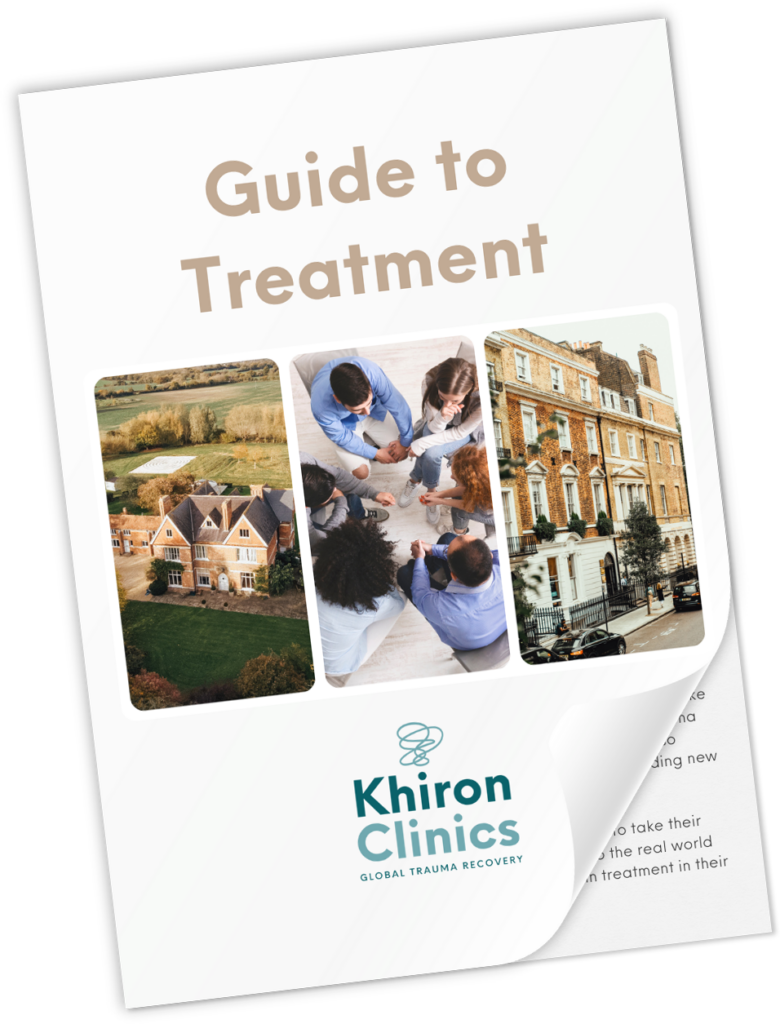What do we mean when we talk about trauma?
A traumatic event is defined by the perception, or reality of a person facing serious harm, threat or death. The COVID-19 pandemic can easily fit into this category; news and social media feeds full to capacity of stories of increasing death tolls, severe and upsetting symptoms of the virus, video footage of crowded, under resourced hospitals; all with the underlying message that it is coming for us all, in only a matter of time potentially leaving us helpless and hopeless.
Of course, we are also informed that the virus is only likely to produce severe symptoms and the possibility of death to those aged over 70 or with underlying health conditions, but this does not do much for help soothe the public as we are forced into isolation, quarantine and lock downs across the globe.
Why would COVID-19 be a trigger for past trauma?
While this situation is completely new for everyone; never before have we faced a global pandemic such as this, there will be some who will never have felt a threat to their lives, serious harm to their health, or be forced into isolation. Unfortunately for others, this may be a distressing reminder of painful childhood or previous traumatic memories.
While the range of traumatic events humans experience is not exhaustive; the most common triggers are likely to stem from the restrictions in movement, perhaps being forced to stay with family members that historically caused pain; threats to our safety and health, possibly from a previous health scare, threat of violence or death from another person or event. Even the overload of misinformation on our social media feeds can act as past reminders of gaslighting; misunderstanding confusing information and therefore feeling out of control and in danger. All these stimuli are experienced through and within our nervous system which is also quietly storing past trauma and when the system gets overwhelmed the inherent imperative for survival in us might get reminded of old times where this function needed to be utilized, bringing to the fore unresolved survival responses.
How do I know if I am being triggered?
The symptoms of past trauma being triggered in a person can be physiological and psychological; the same way trauma can primarily affect people in the original incident. It can also be known as an ‘emotional flashback’ to the event. Physical symptoms include; shortness of breath, perspiration, cold sweat, sudden need to use the bathroom, or in severe cases a loss of control over bladder or bowels, increased heart rate, trembling or shaking. Psychological symptoms can include anxiety, depression, lack of appetite, inability to concentrate or sleep, nightmares, irritation, sudden mood swings, tearfulness and confusion. These feelings can be incredibly distressing; but recognising why these symptoms are presenting, and where they are coming from can be the first step to managing them.
What can we do to protect ourselves?
It is important to remember that our perception of events can be as powerful as the reality; so it is vital that we remember to balance our perspective of events, ensuring that we understand the bigger picture. This is not to attempt to belittle the situation, but we must put effort into recognising hope, positivity and solidarity with others to get us through.
It is also crucial to be kind to yourself and allow yourself to feel whatever feelings are emerging in yourself. What you have been through, and what you are going through now is difficult; your symptoms are normal reactions to an abnormal situation.
When the previously mentioned physical and psychological symptoms are present, it is necessary to practice grounding exercises like the awareness of the weight of the body on the ground, the five senses, slowing down the rhythm of the breath, a reality check of space and time; these are to help bring yourself back into the present, to lower heartrate and essentially allow the person to remember they are safe.
But, how can you do this?
There are a wide range of grounding techniques you can try, not everyone will find the same things useful. For example, a person who struggles with numbers will not finding counting backwards from 100 helpful, while others may find exercises that require imagination difficult and frustrating; it is important that your technique suits you, not simply what you think should work.
Whichever technique you try, the overarching aim is to take your mind away from the trauma and onto something else until your symptoms have eased. Saying out loud each thing that you can see; listing all your favourite tv shows, actors, Disney films etc. can help bring yourself back to where you are. Reaching out to a trusted person to tell them how you feel, sharing your feelings and allowing somebody to reassure you that you are safe is an effective way to bring your symptoms down and remember that you are loved. If there is no one you can reach out to, playing a favourite song, or saying a mantra to yourself; “I am safe” or “I am strong”; anything that makes you feel empowered and grounded.
It’s okay not to be okay in a crisis
It is crucially important to recognise that while there is a climate of insecurity and fear we must take care of ourselves. Protecting ourselves against triggers of past trauma means that we must practice self-care; getting enough sleep, taking daily exercise, eating nutritious food three times a day, washing ourselves every day are basic activities which may seem mundane; but are the first things we begin to neglect as our wellbeing deteriorates and must not be under-estimated.
Now is the time to utilise support networks and reach out for extra support if you are struggling with strong emotions or can identify feelings and emotions that started a previous decline in mental health.
If you have a client, or know of someone who is struggling to find the right help for any form of mental health issue during this pandemic, reach out to us at Khiron Clinics. We believe that we can improve therapeutic outcomes and avoid misdiagnosis by providing an effective residential program and out-patient therapies addressing underlying psychological trauma. Allow us to help you find the path to realistic, long lasting recovery. For information, call us today. UK: 020 3811 2575 (24 hours). USA: (866) 801 6184 (24 hours)



